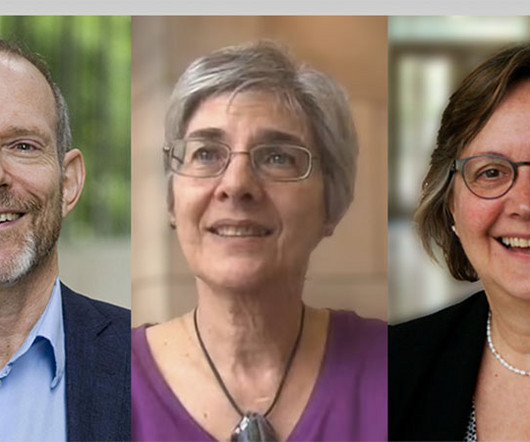Hearing Loss in Geriatrics and Palliative Care: A Podcast with Nick Reed and Meg Wallhagen
GeriPal
MAY 5, 2022
Screening for addressing hearing loss should be an integral part of what we do in geriatrics and palliative care, but it often is either a passing thought or completely ignored. How to screen for hearing loss. And one of the parts of that was actually doing physicals for the students and putting them in job placements.












Let's personalize your content